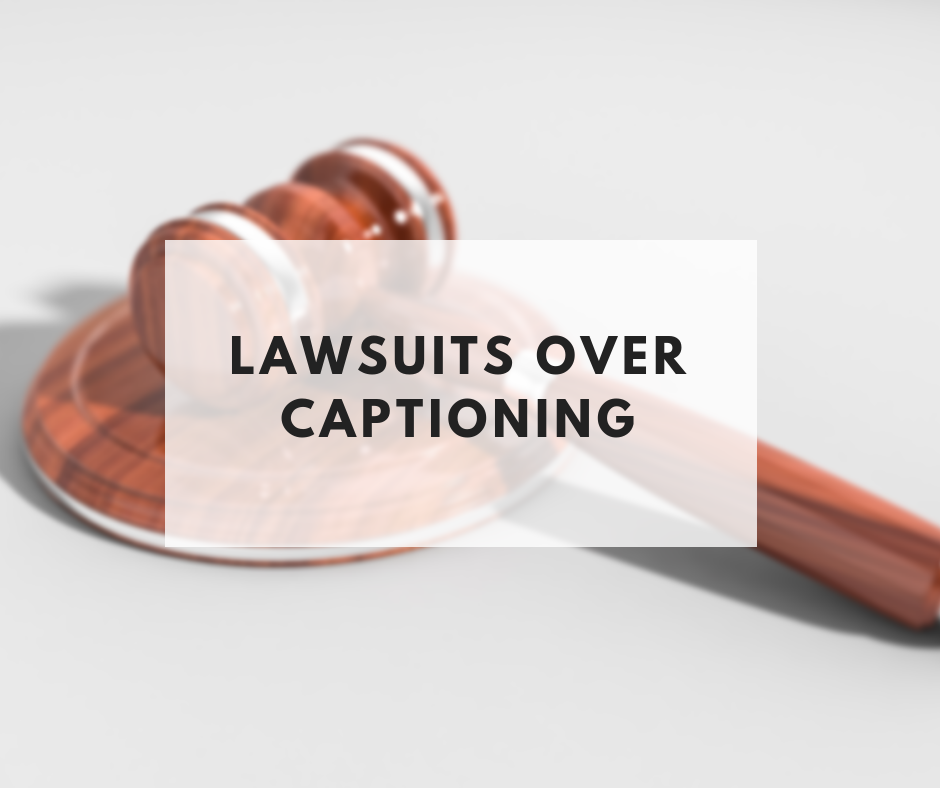As reported in this article from Inside Higher Education, lawsuits filed by the National Association of the Deaf against Harvard University and the Massachusetts Institute of Technology will continue after requests to dismiss were denied. Central to the lawsuits are the obligations the universities have to caption content in their Massive Open Online Courses (MOOCs) and other materials produced by faculty and students that are hosted on their websites,
“On March 28, Robertson denied the institutions’ pleas for the exclusion of their websites from Title III of the Americans With Disabilities Act and Section 504 of the Rehabilitation Act. Title III of the ADA prohibits disability discrimination by ‘places of public accommodation.’ Section 504 of the Rehabilitation Act prohibits discrimination on the basis of disability in programs that receive federal funding.”
As noted in the article, this follows the decision in 2017 by The University of California – Berkeley to remove thousands of educational videos they had made freely available on their platforms. While these decisions could be seen as a barrier to open education (due to cost in dollars and time), these decisions are (finally) bringing much-needed attention to the accessibility of open educational resources (OER).
Within the hundreds of OER that we’ve released over the years at Designers for Learning and in my own work, I know too often we’ve focused on open access versus accessibility. This realization has prompted our team to challenge the widespread “remediation” mindset (e.g., we’ll “fix it”, as needed) to better contemplate accessibility from the outset.
